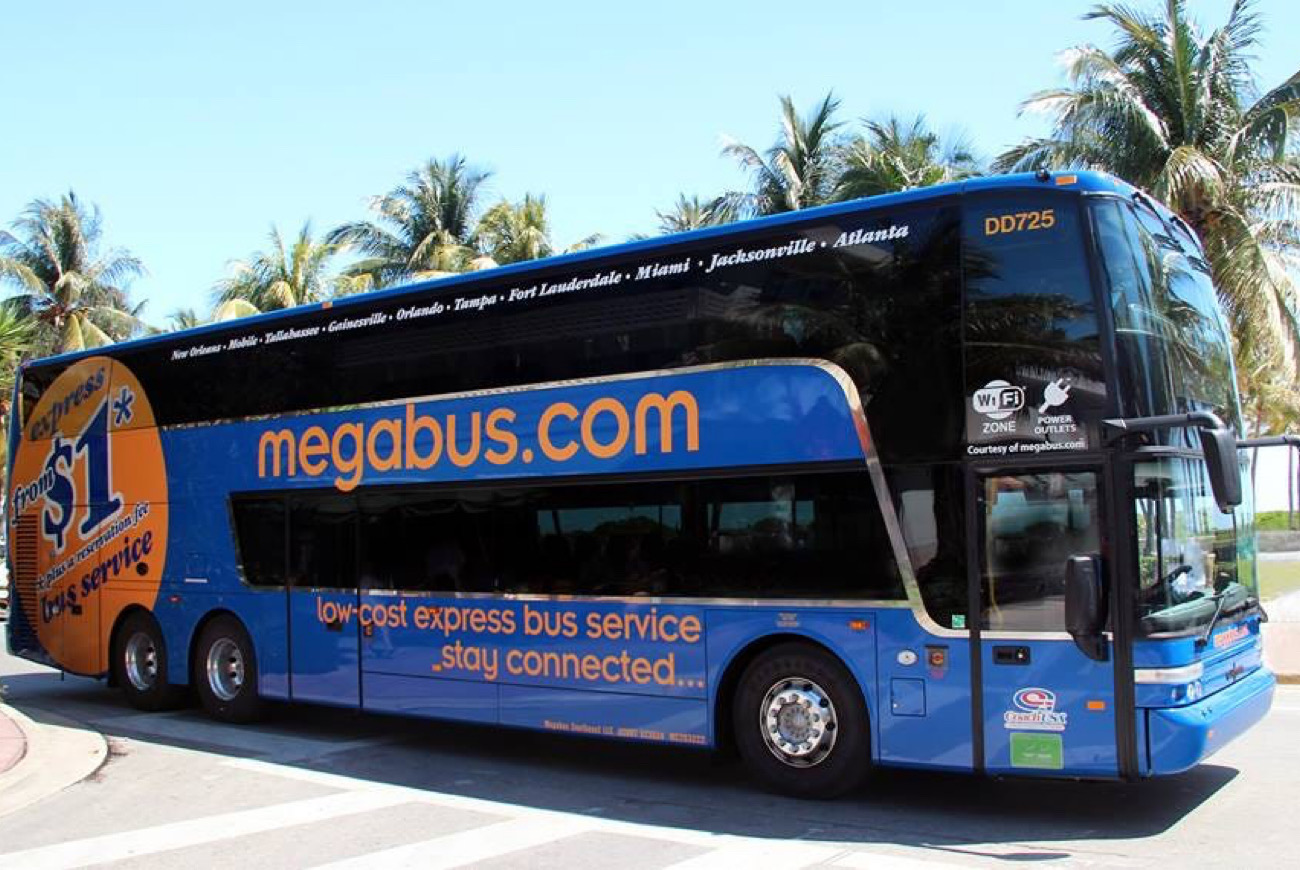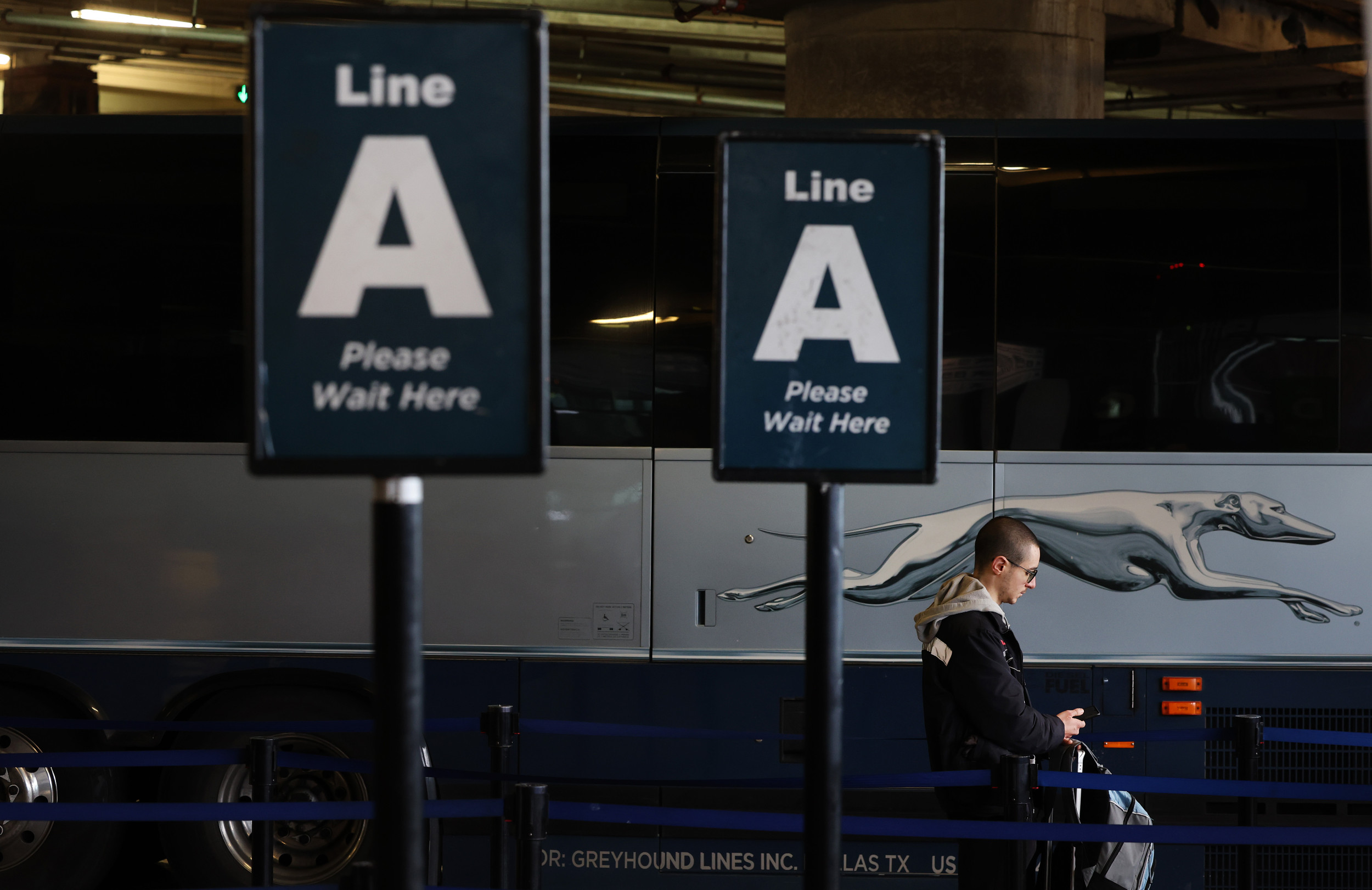




In 2024, the United States has witnessed a significant rise in business bankruptcies, reaching levels not seen since the second quarter of 2017. The trucking industry, in particular, has been hard hit, with many firms reporting revenue slumps and expenses that are often twice as high as their income. This troubling trend has raised alarms among industry analysts and stakeholders [0d0d9069].
Adding to the industry's woes, Sunset Logistics Inc., based in Irving, Texas, filed for Chapter 7 bankruptcy on October 3, 2024, after ceasing operations on September 29, 2024. The company reported liabilities between $10 million and $50 million and assets up to $1 million. Six affiliated companies also filed for bankruptcy, indicating a broader financial crisis within the organization. Porter Capital has claimed over $5 million is owed due to a defaulted agreement, complicating the situation further. The bankruptcy filings have paused ongoing litigation, and a motion for an extension until October 31 was filed to gather creditor information. Previously, Sunset Logistics operated with 90 truck drivers and power units, but reports indicate that drivers did not receive their final paychecks [df2d0876].
The second quarter of 2024 saw a notable increase in bankruptcy filings across various sectors, with trucking firms being particularly vulnerable. Over 95% of the trucking industry comprises small firms operating ten or fewer trucks, making them especially susceptible to economic fluctuations [0d0d9069]. U.S. Logistics Solutions, for example, filed for Chapter 7 bankruptcy in June 2024, listing $117.9 million in assets against $21.1 million in liabilities, highlighting the precarious financial state many companies find themselves in [0d0d9069].
BMO has reported elevated risks associated with transportation loans, indicating that lenders are increasingly cautious about extending credit to trucking firms amid these challenging economic conditions. Analysts emphasize that demand remains a crucial driver in the market, suggesting that fluctuations in consumer demand could further impact the financial stability of trucking companies [0d0d9069].
In addition to the challenges faced by the trucking industry, the intercity bus sector is also grappling with significant operational hurdles. Millions of Americans are at risk of losing access to essential transportation services as intercity bus depots close due to rising operational costs and a lack of government funding. Companies such as Greyhound and Megabus have been affected, with closures in major cities like Cincinnati, Houston, and Philadelphia [bd05ce72].
The recent bankruptcy filing by Coach USA, the parent company of Megabus, adds another layer of complexity to the transportation landscape. The company is restructuring its financial obligations after a challenging buyout in 2019 and a drastic decline in ridership due to the COVID-19 pandemic. Coach reported that ridership levels in 2023 remained at only 45% of pre-pandemic levels, exacerbating its financial difficulties [3e0e69fe].
As the transportation sector faces these challenges, it is crucial for decision-makers to consider the implications of these bankruptcies and closures on communities that rely heavily on these services. The potential loss of intercity bus operations and the struggles within the trucking industry underscore the need for strategic interventions to support these vital transportation networks [8e3ec098].